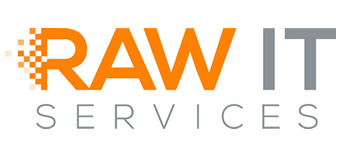Data privacy and data security are strongly interconnected to each other, but the terms are often used incorrectly or confused as the same thing.
Websites nowadays, require you to consent with their privacy policy before you can start browsing further or so that the pop-up on the screen disappears. The website may ask you certain personal data such as your name, address or contact details depending on their company activity or purpose. Once you have consented to share this information with the website, it is then responsible for securing your data and protecting the privacy of that data. However, this does not always happen!
For instance, if the personal data you consented to give on the website was sold to a marketing company or to a third party without your permission, that would be a violation of your privacy. Data privacy is about authorized access, who has it and who defines it. It means informing people first of the information types which will be collected, for what reason, and with whom they will be exchanged. For example, privacy policies you are asked to read and agree to when you visit websites.
On the other hand, if the information was exposed to cybercriminals, that would be both a violation to your privacy and a security data breach. In both occurrences, the company failed to protect your privacy. Data security is commonly referred to as the confidentiality, availability, and integrity of data. In other words, it is all of the practices and processes that are in place to ensure data isn’t being used or accessed by unauthorized individuals or parties via breaches or leaks.
In comparing data privacy vs data security, what is important to understand is that you cannot guarantee data privacy unless personal data is secured. Data privacy and data security complement each other.
Article by: Rigvi Bansoodeb
Compliance Coordinator

